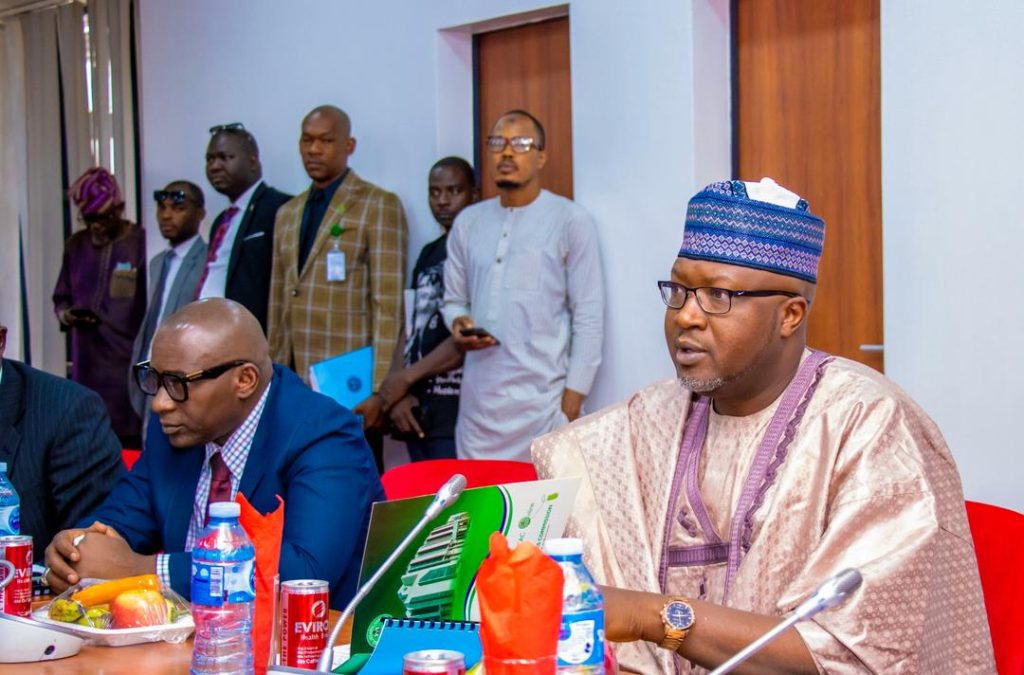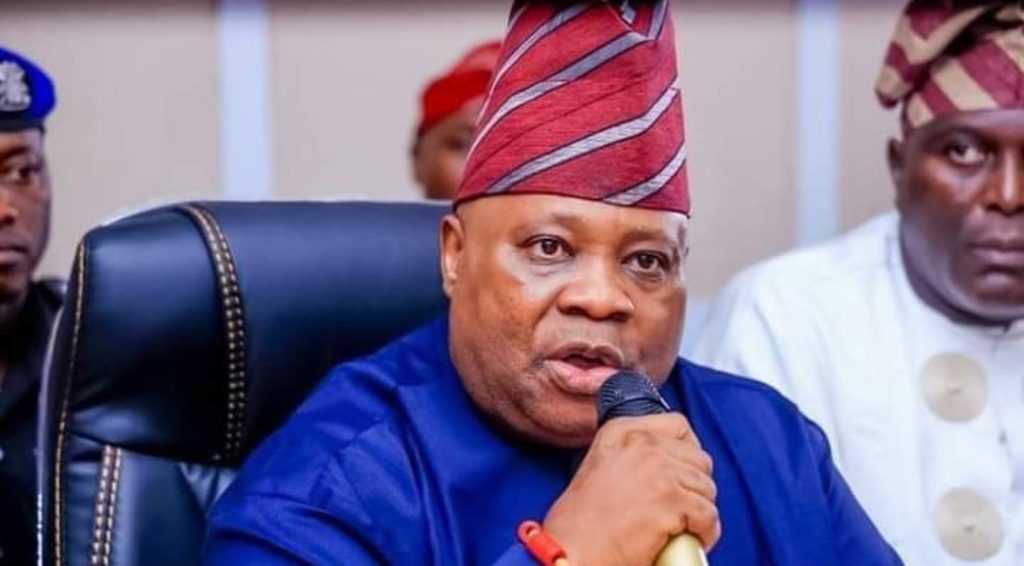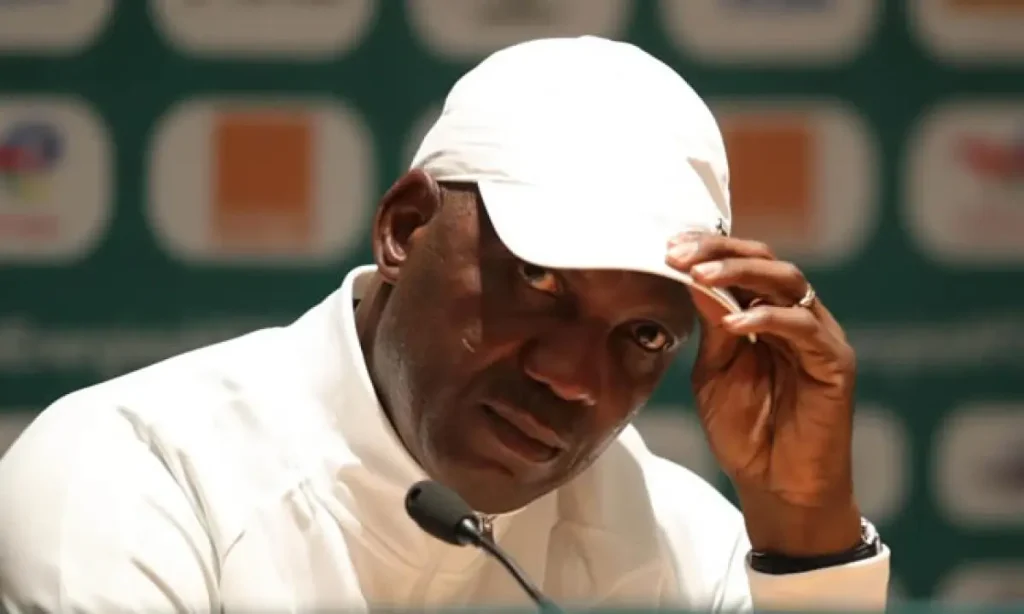The United Nations Security Council has greenlit a resolution for the gradual withdrawal of the United Nations Organization Stabilization Mission in the Democratic Republic of Congo (MONUSCO) from the country. This news comes after the government of DR Congo requested the withdrawal of the peacekeeping mission. The Security Council has extended MONUSCO’s mandate for one year, till December 20, 2024. The mission is expected to complete its withdrawal from the country by the end of 2024.
The drawdown plan, agreed upon by the United Nations and the government of DR Congo, is set to commence before the end of 2023, coinciding with the upcoming election cycle. As part of the plan, the force will be withdrawn from South Kivu by the end of April 2024. Subsequently, the mandate’s implementation will be limited to provinces from May 2024. The authorized troop ceiling will see a reduction in military and police personnel from June 2024 onwards.
Following a quarter of a century and significant financial investment, MONUSCO leaves behind a complex legacy of unmet expectations and lingering security challenges. Experts have expressed disappointment, asserting that the mission’s impact on achieving sustainable peace in DR Congo has been minimal. Frederick Golooba-Mutebi, a political scientist and researcher, emphasized that insecurity persists, despite MONUSCO’s prolonged presence. Similarly, Lonzen Rugira, a researcher, labeled MONUSCO as a well-resourced peacekeeping mission that has regrettably fallen short, leaving DR Congo as unstable as it was when the mission commenced.
The adoption of the drawdown plan and the extension of MONUSCO’s mandate underscore an important transition in the dynamics of peacekeeping efforts in DR Congo. As the mission prepares to wind down its operations, the international community closely watches the implications of this move on the security landscape in the region.



